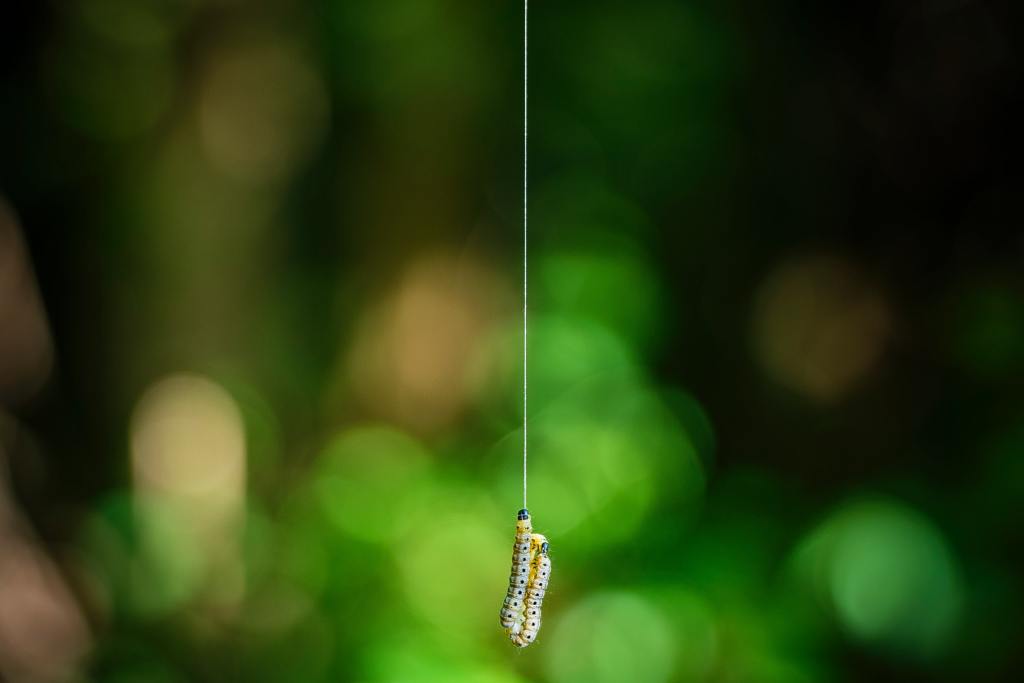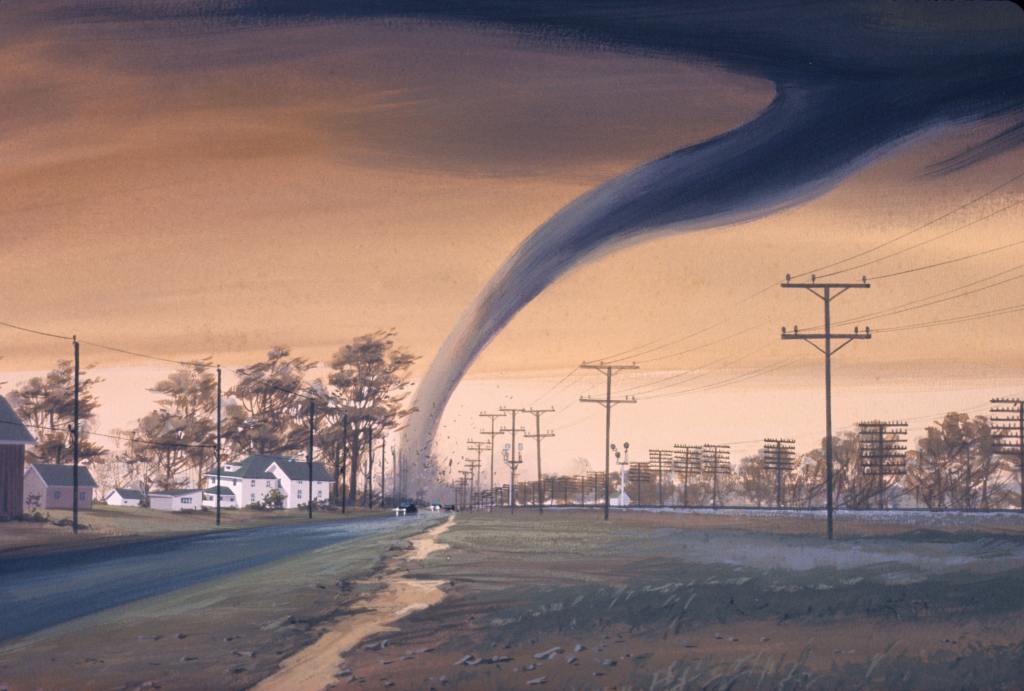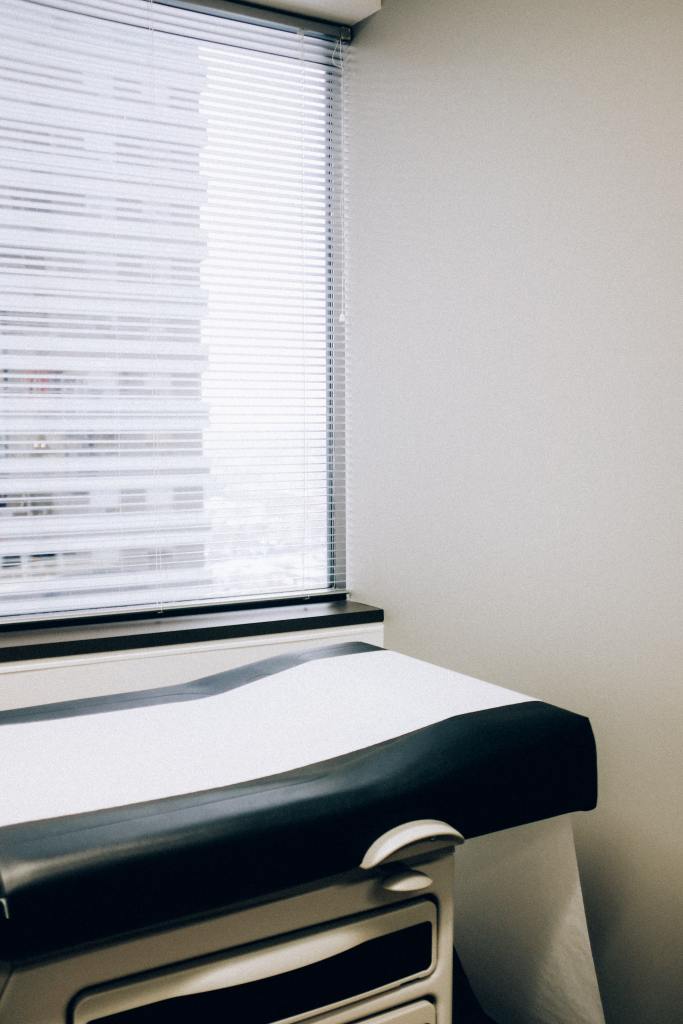
It had been over two years since we had last met. Memories of the day came back to me in flashes.
I welcomed the family to our venue, meeting family members who had travelled from afar to be there. I remember not wanting to intrude, to be helpful but not in their way. This was her day and I didn’t want to waste any of her precious time.
I recall how it felt to walk back into the room three hours later. With experience, you can measure the emotional temperature of the room in an instant. There was warmth, there was talk of happy memories, there was love. There was laughter, there were tears. Favourite foods and drinks were being shared. There was champagne, there was Strawberry Rocky Road ice cream on sticks. People were gathered for a celebration of a life. A life cut short by major illness, a life interrupted by debility and indignity.
It was still early on in our experience, only the third time we had hosted. It was nice. In the last hour, everyone had the chance to say their goodbyes in the privacy of the bedroom. The doctor arrived and was not constrained by time, he wanted her to take as much time as she needed. It was all about what she wanted, that’s why we had all gathered together. To be with her at the end time of her choosing. Family, friends and healthcare professionals assembled for a final farewell.
The room was full to the brim. The question was asked again, “Are you sure you want this.” The same slurred but steadfast answer, “Yes,” steely resolve obvious in her focused eyes. Making this decision had brought her back not just some control, but had also brought back her determined personality. She had seemed more like herself than she had for years. She was going to leave on her terms, of her own volition.
The last thing she said was, “I love you,” as she hugged her father. She held her son’s hand as she fell asleep for the final time.
Death.
Assisted.
Love.
Relief.
Tears.
Hugs.
Rest.
In.
Peace.
Brave.
Lady.









